|
ggggg |

|
首頁 |
|
研究方向 |
|
成員 |
|
著作 |
|
教學課程 |



|
在這裡放置您的商務標語。 |
|
公司名稱 |
|
機構 |


|
研究方向:
1.神經膠質纖維酸性蛋白質GFAP基因突變與逆境反應在亞歷山大氏症所扮演的角色 2.GFAP基因突變對於中間型蛋白絲的聚合及形成絲狀纖維能力的影響 3.粒腺體與肌間絲蛋白之交互作用在肌病變中所扮演的角色
最新著作:
Chen, Y. S., Lim, A. C., Chen, M. H., Quinlan, R. A. and Perng, M. D. (2011) Alexander disease causing mutations in the C-terminal domain of GFAP are deleterious both to assembly and network formation with the potential to both activate caspase 3 and decrease cell viability. Experimental Cell Research. 317(16): 2252-2266. Saunter, C. D, Perng, M. D., Love, G. D., Quinlan and R. A. (2009) Stochastically determined directed movement explains the dominant small-scale mitochondrial movements within non-neuronal tissue culture cells. FEBS Lett. [Epub ahead of print] Perng, M. D., Wen, S. F., Gibbon, T., Middledrop, J., Sluijs, J., Hol, E. M. and Quinlan, R. A. (2008) Glial fibrillary acidic protein filaments can tolerate the incorporation of assembly-compromised GFAP-delta, but with consequences for filament organization and alphaB-crystallin association. Mol Biol. Cell. 19: 4521-4533. Perng, M. D., Zhang, Q. and Quinlan, R. A. (2007) Insights into the beaded filaments of the eye lens. Exp. Cell Res. 313: 2180-2188. |
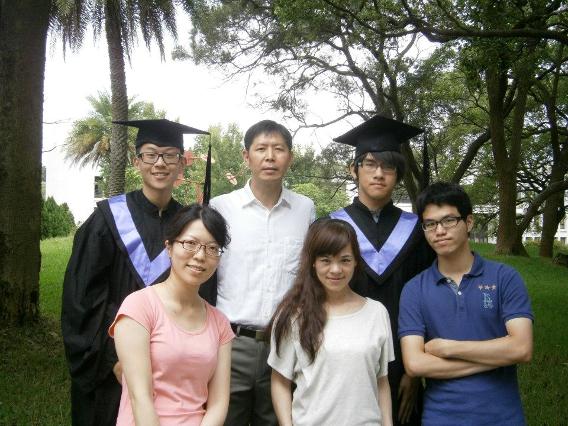
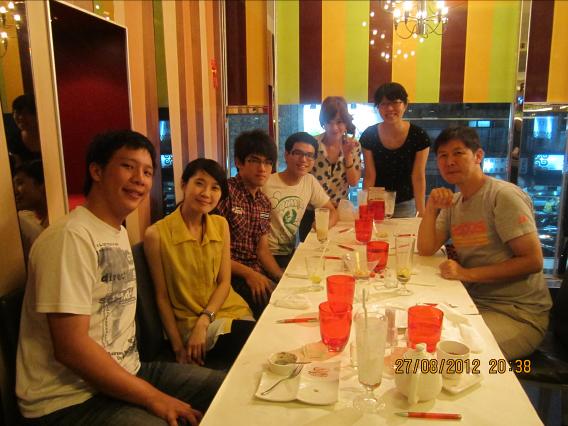
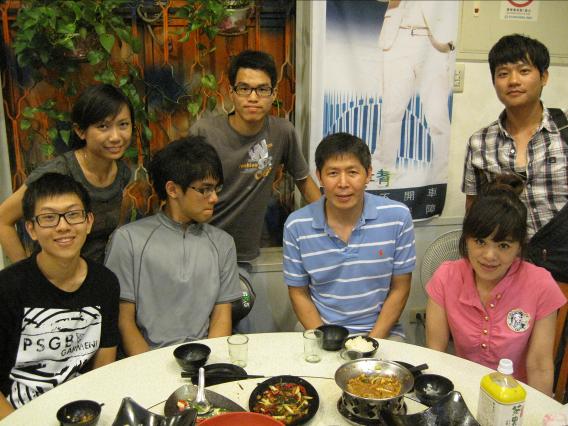
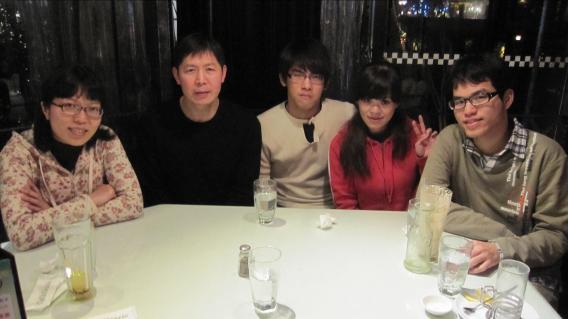
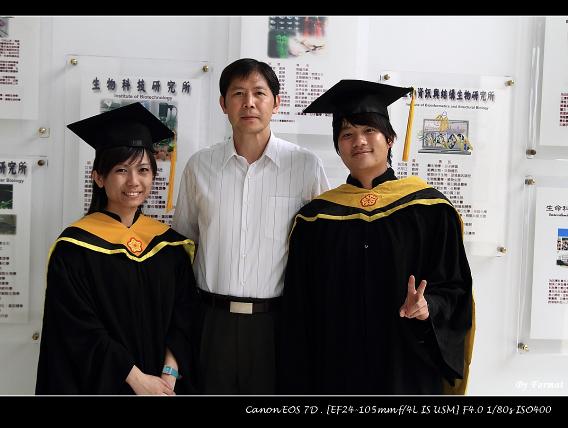
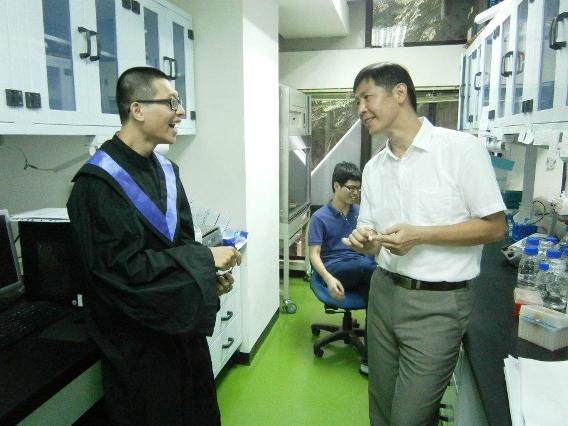
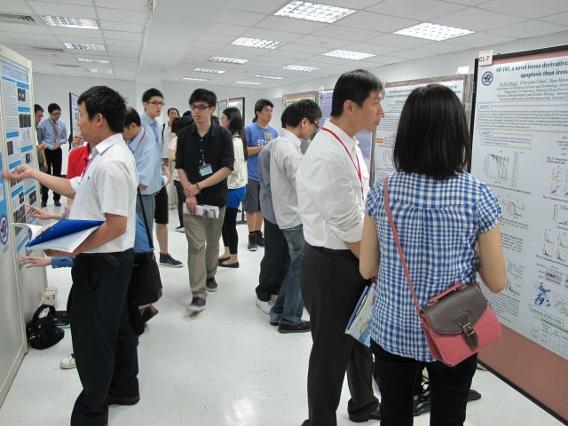
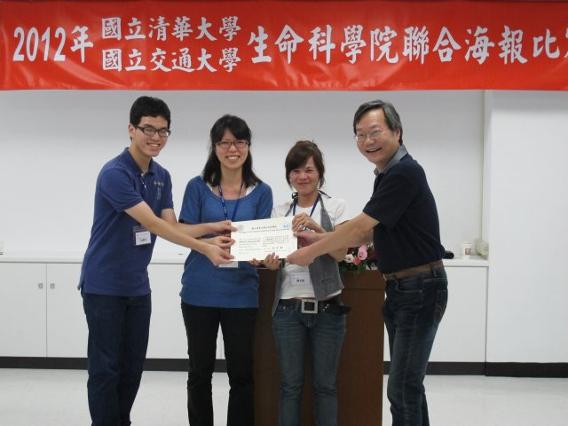
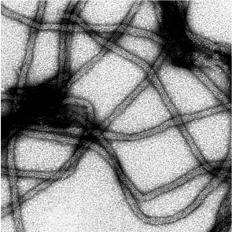
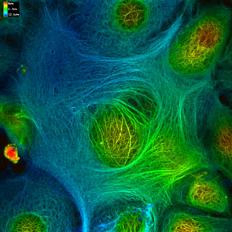
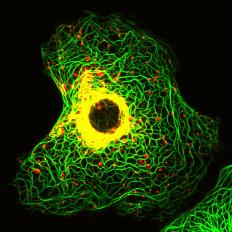
|
分子醫學研究所 彭明德老師 實驗室 |